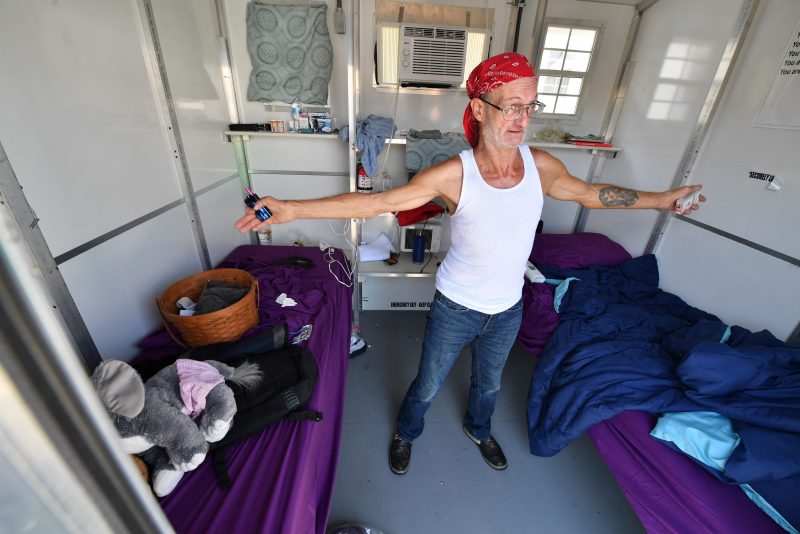

OAN’s Stephanie Stahl
1:02 PM – Thursday, October 12, 2023
Governor Gavin Newsom has signed a new law that permits churches and nonprofit colleges to repurpose their parking lots into affordable housing space.
Advertisement
The law was signed by Newsom (D-Calif.) on Wednesday. It will reportedly rezone extra land owned by nonprofit colleges and religious establishments, such as churches, mosques, and synagogues.
Starting in 2024, these organizations will have the ability to bypass many of the local permitting and environmental review processes, which can be both expensive and time-consuming.
Religious and higher education campuses in California reportedly possess over 170,000 acres of land that would meet the criteria outlined in the legislation, according to a recent study by the University of California, Berkeley.
However, numerous California cities have expressed opposition to the bill, contending that it could diminish their authority over housing development decisions.
This law is expected to remain in effect until 2036.
The Golden State is home to the largest homeless population of any state in the U.S., according to the “World Population Review.” More than 161,000 people are homeless in California, reportedly due to issues with affordable housing, drug laws, and a lack of mental health resources.
Governor Newsom recently approved another housing bill that was introduced by Senator Scott Wiener (D-Pa.).
This bill extends the duration of a law that simplifies regulations for housing projects, resulting in the construction of thousands of homes to alleviate California’s housing crisis.
The original law, which went into effect in 2018 and was slated to expire in 2026, allows housing developers to bypass most local permitting processes for multifamily housing projects in cities that fall short of state-mandated housing goals.
This law has accelerated the development of over 19,000 homes, with approximately 60% of them designated as affordable housing, according to Wiener, the bill’s author.
The new law also eliminates the requirement to hire “skilled and trained workers” for certain projects, which is typically sought by influential construction trade unions.
Instead, it mandates workers to receive the prevailing wage, which is the average wage paid to workers, laborers, and mechanics in a specific area.
In response to opposition from labor groups, Wiener introduced amendments to enhance labor regulations for larger projects.
The bill faced strong opposition in July from the state Coastal Commission and environmental organizations because it eliminated the exemption for streamlined housing development in coastal areas.
Opponents were concerned that the bill could also lead to housing in regions susceptible to sea-level rise or wildfires and that it would facilitate the construction of luxury apartments rather than affordable housing along the coastline.
Wiener collaborated with the commission to clarify that the legislation would not apply to environmentally sensitive or wildfire-prone areas. Consequently, the commission withdrew its opposition.
However, several Southern California cities continued to object to the bill, arguing that it would erode local control.
Newsom and his administration signed the two bills on the same day that they revealed the locations of 1,200 tiny homes he has vowed to construct in four California cities.
Stay informed! Receive breaking news blasts directly to your inbox for free. Subscribe here. https://www.oann.com/alerts
Advertisement





Be the first to comment